facial recognition
Filter by...
-

Amazon’s Rekognition shows its true colors
EDRi member Bits of Freedom has been investigating the problems associated with the use of facial recognition by the police in the public space. As part of this investigation they wanted to put this technology to the test themselves. How does facial recognition technology really work? Digital tourism On Dam Square, in the center of […]
Read more
-
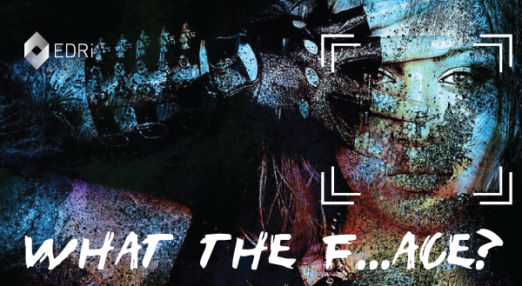
Your face rings a bell: Three common uses of facial recognition
Not all applications of facial recognition are created equal. In this third installment, we sift through the hype to analyse three increasingly common uses of facial recognition: tagging pictures on Facebook, automated border control gates, and police surveillance.
Read more
-
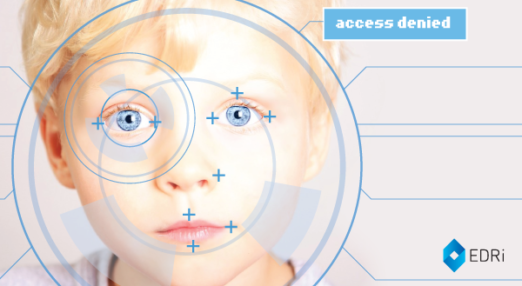
The many faces of facial recognition in the EU
In this second installment of EDRi's facial recognition and fundamental rights series, we look at how different EU Member States, institutions and other countries worldwide are responding to the use of this tech in public spaces.
Read more
-
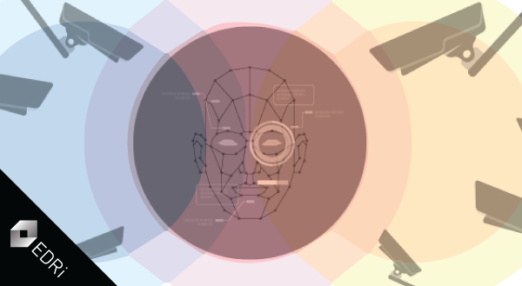
Serbia: Unlawful facial recognition video surveillance in Belgrade
On 3 December 2019, EDRi member SHARE Foundation, together with two other organisations, published a policy brief concerning a new “smart video-surveillance system” in Belgrade. The brief highlights that the impact assessment of video surveillance on human rights, conducted by the Serbian Ministry of Interior did not meet the legal requirements, and the installation of […]
Read more
-
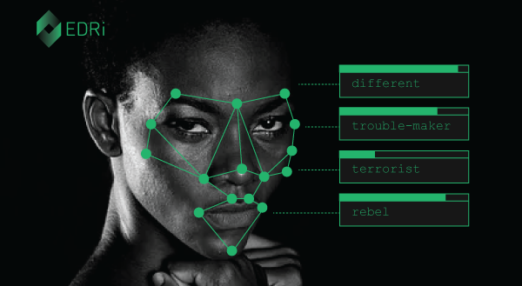
Facial recognition and fundamental rights 101
This is the first post in a series about the fundamental rights impacts of facial recognition. Private companies and governments worldwide are already experimenting with facial recognition technology. Individuals, lawmakers, developers - and everyone in between - should be aware of the rise of facial recognition, and the risks it poses to rights to privacy, freedom, democracy and non-discrimination.
Read more
-

The digital rights of LGBTQ+ people: When technology reinforces societal oppressions
Online surveillance and censorship impact everyone’s rights, and particularly those of already marginalised groups such as lesbian, gay, bisexual, transgender and queer and others (LGBTQ+) people. The use of new technologies usually reinforces existing societal biases, making those communities particularly prone to discrimination and security threats. As a follow-up to Pride Month, here is an […]
Read more
-
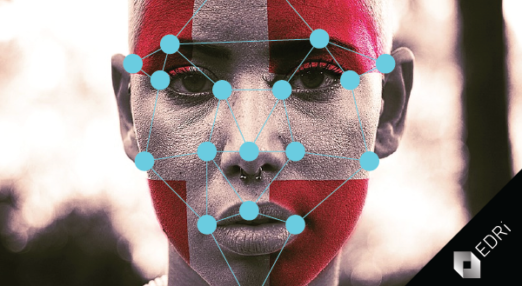
Danish DPA approves Automated Facial Recognition
On 13 June 2019, the Danish football club Brøndby IF announced that starting in July 2019, automated facial recognition (AFR) technology will be deployed at Brøndby Stadium. It will be used to identify persons that have been banned from attending Brøndby IF football matches for violations of the club’s own rules of conduct. The AFR […]
Read more
-

EDRi members in joint protest against “surveillance zone” in Saxony
A new proposal for a surveillance law in the German state of Saxony is threatening to lead to abhorrent consequences on a stretch of Germany’s international border.
Read more
-

Controversial testing of facial recognition software in Germany
At the end of August 2017, German police has been testing a facial recognition software at Südkreuz train station in Berlin. The system was tested on 300 volunteers. The goal was to evaluate the accuracy of the software in recognising and distinguishing them from the crowd – a feature that the police hopes to ultimately […]
Read more
-
Dutch BBA 2016: Facial recognition, medical data and safe messaging
An anonymous country singer, the watchdog-walking service and the I-have-nothing-to-hide musical. These were just a few elements thrown in by theatre producers and performers Oscar Kocken and Daan Windhorst. Just add a crash course “Lying with charts”, a few tasteful awards, and you have an awards ceremony – simultaneously funny and serious – about privacy. […]
Read more
-

EC wants to add facial recognition to transnational databases
On 4 May 2016, the European Commission (EC) published a proposal to recast the EURODAC Regulation. The European Automated Fingerprint Identification System (EURODAC) was initially introduced in 2003 to establish an EU asylum fingerprint database, and to share this information with national law enforcement authorities and Europol. According to this proposal, if a person applies […]
Read more
-
Call for public views on video-surveillance
The European data protection commissioners, united in the Article 29 Working Party, invite the public to respond to a position paper about videosurveillance. The paper gives an interesting overview of the differences in legislation and measures adopted in the different member states since the transposition of the Privacy Directive (95/46/EC). The Commissioners are specifically worried […]
Read more
